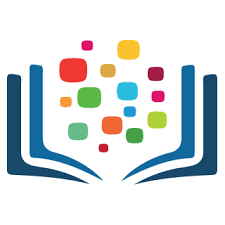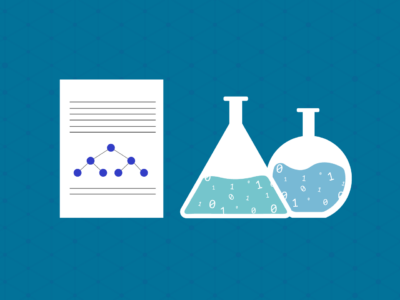Linear Regression with PyTorch
Linear regression is one of the most used technique for prediction. This course will give you a comprehensive understanding of linear regression modelling using the PyTorch framework. Equipped with these skills, you will be prepared to tackle real-world regression problems and utilize PyTorch effectively for predictive analysis tasks. It focuses specifically on the implementation and practical application of linear regression algorithms for predictive analysis. Note, this course is a part of a PyTorch Learning Path, find more in the Prerequisites Section.
Throughout the course, students will learn the fundamental concepts and techniques of linear regression. They will gain proficiency in constructing and training linear regression models using PyTorch, utilizing both single and multiple independent variables to predict continuous target variables. Using PyTorch, students will implement linear regression models and train them using gradient descent optimization algorithms. They will gain hands-on experience in adjusting model parameters, evaluating model performance, and making predictions on unseen data.
Course Syllabus
In this course we will learn about:
Module 1:
Linear Classifier and Logistic Regression
Linear Regression Training
Gradient Descent and Cost
PyTorch Slope
Linear Regression Training
Module 2:
Stochastic Gradient Descent and the Data Loader
Mini-Batch Descent
Optimization in PyTorch
Training, Validation and Test Split
Multiple Linear Regression Prediction
Multiple Output Linear Regression
Prerequisites
Note: this course is a part of PyTorch Learning Path and the following is required
Completion of PyTorch: Tensor, Dataset and Data Augmentation course
or
Good understanding of PyTorch Tensors and DataSets
Skills Prior to Taking this Course
Basic knowledge of Python programming language.
Basic knowledge of PyTorch Framework



